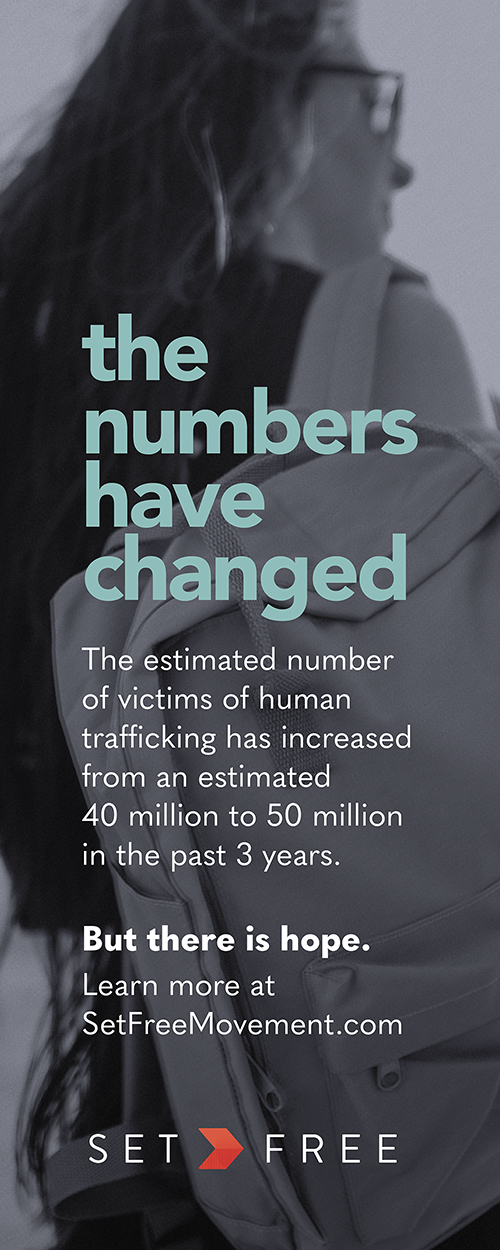By Joel Webb
“How are you?”
“Good, just busy.”
This is a conversation that I bet just about everyone has had, maybe on a weekly basis — especially for those of us in ministry roles. As of 2024, we have more tools of convenience than at any other time in human history. Yet we are more enslaved to the things we do in life than ever. This problem is becoming an epidemic of sorts in the church as we try to do more and more in the same 24 hours we have all had since God first breathed a breath in Adam.
So what has changed, and, more importantly, what do we do about it?
My life has always been busy and somehow keeps getting busier. Having grown up in a pastor’s home, I know the general hubbub that goes on to keep things running every week. But something has changed in the last couple of years. I’m now married, expecting my first child, working full-time, and part-time at church while also completing seminary, producing a podcast, and a plethora of other small things. Phew, I’m exhausted just thinking about it!
I’ve also noticed that my alone time with God has suffered, my blood pressure is higher than it was a couple of years ago, and, even with sleep, I just always feel a little bit tired.
Eliminating Hurry
Maybe this resonates with you and sounds similar in some of the broad strokes on the million different things you have going on in your life. There’s been this looming suspicion that something has to give to make a change. Then I picked up the book “The Ruthless Elimination of Hurry” by John Mark Comer. It’s not a long book. And contained in those pages is a monumental mental shift in how I need to organize my life.
Comer starts by pointing out the problems he faced in his life and then progresses to lay out the history of how we as humanity have just gotten too busy for anything. One of the most shocking realities is that the rapid secularization we see in our culture and the church likely has many of its roots in the contained busyness that we increasingly see continuing to devour our lives.
Comer quotes John Ortberg (who wrote the book’s foreword): “For many of us, the great danger is not that we will renounce our faith. It is that we will become so distracted and rushed and preoccupied that we will settle for a mediocre version of it. We will just skim our lives instead of living them.”
_
“… what often happens is that we fill our lives so much that life just passes us by as we rush from thing to thing.”
_
When I read this, it brought the pit that had been growing in my stomach right up to my throat as I had to grapple with the practical reality of what I had just mentally consumed. The image was now clear; some stuff has to go.
Here’s the tension that we all face. Most or much of what we do is good stuff. Many of us are working for the kingdom, doing all we can to share the gospel and see people’s lives transformed as they follow Jesus. But what often happens is that we fill our lives so much that life just passes us by as we rush from thing to thing.
In a recent prayer meeting of local pastors, someone shared something they heard that brings all of this to a point:
“If a church found out their pastor broke nine of the Ten Commandments, the pastor would probably get fired. But if they found out their pastor was breaking the commandment to keep a sabbath, the pastor would probably get a raise.”
Let that sink in for a moment.
We live in a time and culture where much of the church is being rocked by well-known leadership falling to their brokenness in public ways. Yes, the church needs to deal with these issues and ensure that those kinds of things have no place in God’s kingdom, especially in leadership. But once it comes to the question of the Sabbath, we keep it as an open secret that it doesn’t matter if our pastor does not keep that one. Why would we want to?
_
“Our culture and we in the church have become enslaved to busyness, always working on something.”
_
Countercultural Solitude
Our culture and we in the church have become enslaved to busyness, always working on something. Jesus presents a different way: one that is slower, that provides a life lived with intentionality. Jesus took intentional time to be in solitude, and never rushed even when He knew someone was sick and dying (i.e. Jairus’ daughter or Lazarus). This kind of life is countercultural in more than just a moral or political way. It’s something that is practiced by just about everyone regardless of political affiliation or career.
Many of us are racking our brains trying to find out “what is going to bring in the youth.” What if presenting the way of Jesus to live a slower life is the thing their hearts are longing for — not just to be saved from their sins, but to literally have a different kind of life where they actually live rather than going from appointment to appointment?
I highly recommend that you grab a copy of “The Ruthless Elimination of Hurry.” Comer doesn’t just diagnose the problem but provides a thoughtful and practical guide from the life of Jesus. If we are those who claim to be His followers, it also means living as He did. That doesn’t mean we don’t have times where we are busy, or that life can’t be full of things to do. But we need to take those things and live life holding all of them loosely in the light of our relationship with Christ that is the only thing that can satisfy.
+

Joel Webb serves as the worship and discipleship director at Blue Water Free Methodist Church in Port Huron, Michigan, where he also serves at a local pregnancy resource center. He is currently attending Northeastern Seminary and pursuing a master’s degree in theological studies, and he is a conference ministerial candidate in the East Michigan Conference. He has a passion for theology, technology and history, and he loves to see people encounter the transforming power of the gospel through discipleship and worship. He is married to his wife, Marissa, who teaches music in private Christian education. More about him, his writings and his “The Pastor’s Call” podcast can be found at joelvwebb.com.










